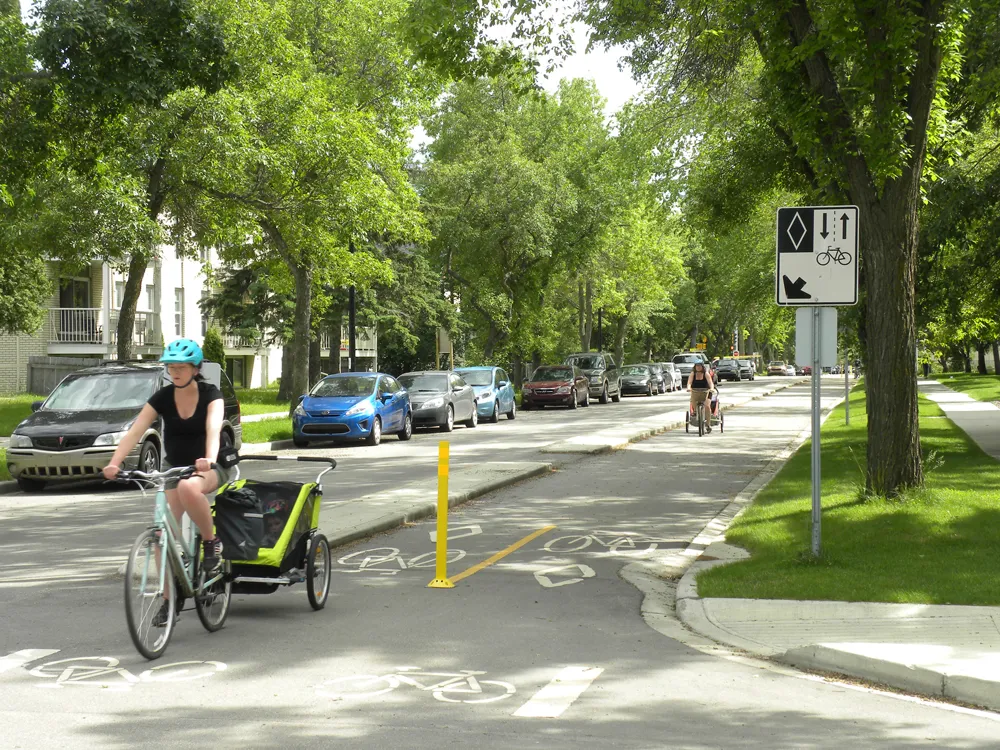The road authorities in Chile are taking action to improve safety and reduce accident levels on key routes in the country.
March 5, 2012
Read time: 1 min
The road authorities in Chile are taking action to improve safety and reduce accident levels on key routes in the country. 906 Chile's Ministry of Public Works (MOP) is carrying out a major study to identify danger spots on major links between towns and cities that are being operated by concession holders. The MOP says that speed limits may be reduced from the current 120km/h on twin lane highways and 100km/h on single lane links at locations highlighted as being accident danger spots. The MOP is commencing the study following a serious crash that caused multiple fatalities. An earlier report on roads operated by concessions said that accident rates on these links rose 25.9% during 2010, including a 33% rise in accidents and 10.3% increase in deaths, compared to 2009. Other safety measures include the installation of digital road signs.








